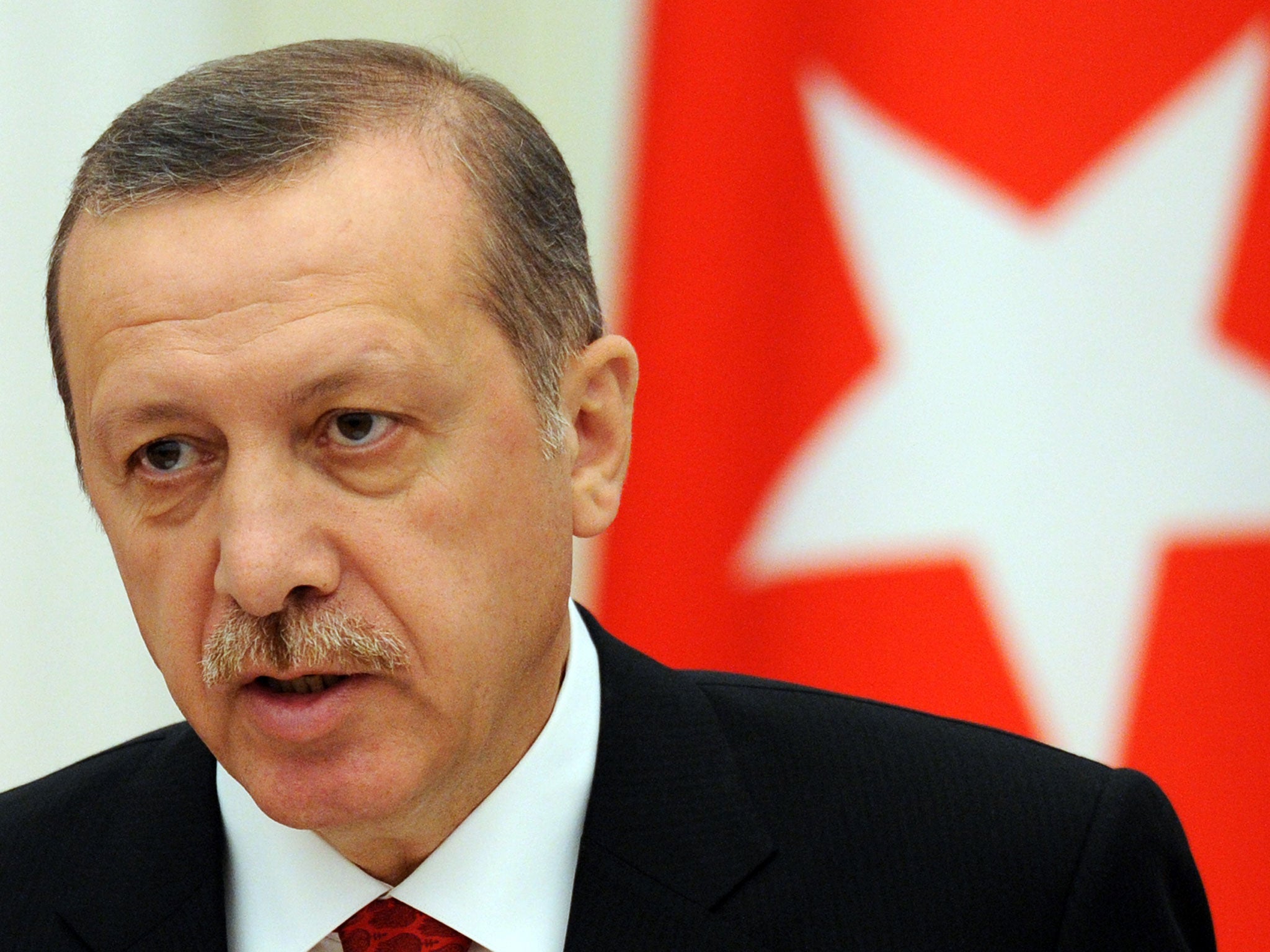Turkish President Erdogan tells conference: 'I am increasingly against the internet every day'
Turkish leaders blamed media for 'distorting' recent events

Your support helps us to tell the story
From reproductive rights to climate change to Big Tech, The Independent is on the ground when the story is developing. Whether it's investigating the financials of Elon Musk's pro-Trump PAC or producing our latest documentary, 'The A Word', which shines a light on the American women fighting for reproductive rights, we know how important it is to parse out the facts from the messaging.
At such a critical moment in US history, we need reporters on the ground. Your donation allows us to keep sending journalists to speak to both sides of the story.
The Independent is trusted by Americans across the entire political spectrum. And unlike many other quality news outlets, we choose not to lock Americans out of our reporting and analysis with paywalls. We believe quality journalism should be available to everyone, paid for by those who can afford it.
Your support makes all the difference.The Turkish President Recep Tayyip Erdoğan has defended his government’s efforts to control online speech, telling a press freedom conference: “I am increasingly against the Internet every day.”
Mr Erdoğan’s comments came during an “unprecedented” meeting with the Committee to Protect Journalists (CPJ) and the International Press Institute (IPI).
The meeting, which also included Prime Minister Ahmet Davutoğlu and Minister of Justice Bekir Bozdağ, took place as the Turkish parliament voted on military action in Syria.
Turkey’s leaders "aggressively" defended its record on press freedom during the 90-minute conference, and criticised various media outlets for “polarising and distorting coverage of recent events” such as the Gezi Park anti-government rallies.
Local newspapers and major publications such as The New York Times and CNN International were among those slammed by officials, according to the CPJ.
He also expressed concern that criminal and terrorist organisations such as the Islamic State go online to recruit followers, saying he is "increasingly against" the internet.
His remarks come after he approved a law tightening control of the internet and increasing the powers held by telecoms authorities earlier in September.
Earlier in the year, the President came under a storm of criticism for attempting to block access to Twitter and YouTube after users spread allegation of corruption ahead of elections.
However, the CPJ says the Turkish government did commit to taking steps to address concerns raised by the delegation, while the Ministry of Justice agreed to continue reform of ‘anti-press’ laws.
"Although we disagree with government leaders on the role of news media, we are encouraged by their willingness to meet with us," said CPJ board Chairman Sandra Mims Rowe, who led the joint delegation.
"We welcome the commitments they made, and we believe officials recognise the depth of international concern."
The delegation included former editors, correspondents and representatives from Reuters, New York Newsday, Al-Jazeera and The Washington Post, among other organisations.
Join our commenting forum
Join thought-provoking conversations, follow other Independent readers and see their replies
Comments